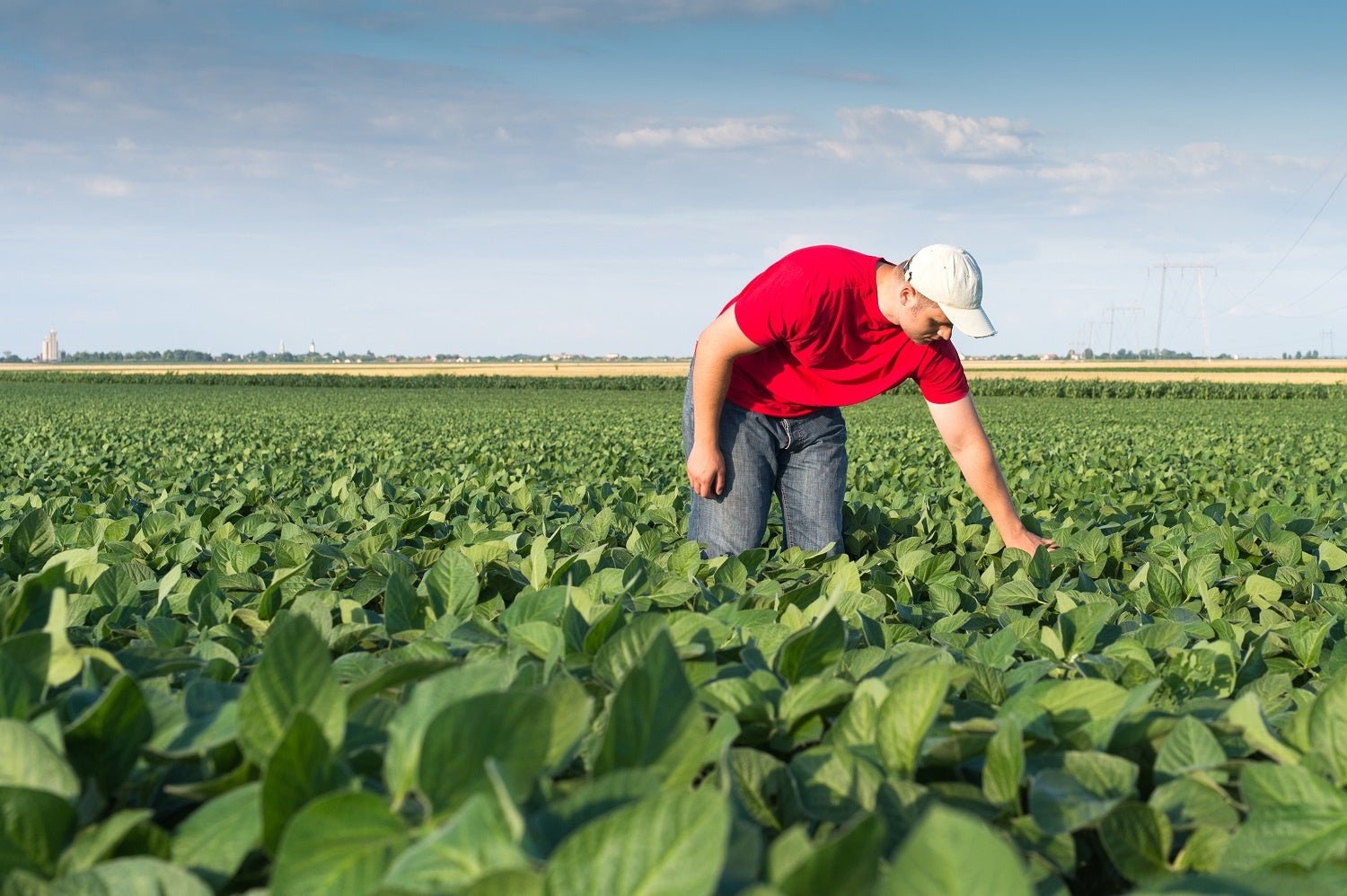
Is Organic Farming Just a Trend?
Organic farming seems like it’s the cutting edge of agriculture – or just a marketing buzzword – but it’s actually a modern interpretation of traditional farming methods. Chemical-dependent farming is less than 100 years old. By contrast, our species has been practicing and perfecting organic farming techniques for thousands of years. Here are a few examples of how organic agriculture has deep roots in human history.
n
Tags:
Organic farming seems like it’s the cutting edge of agriculture – or just a marketing buzzword – but it’s actually a modern interpretation of traditional farming methods. Chemical-dependent farming is less than 100 years old. By contrast, our species has been practicing and perfecting organic farming techniques for thousands of years. Here are a few examples of how organic agriculture has deep roots in human history.
Composting and Soil Conditioning
The founder of organic agriculture, Sir Albert Howard, developed his theory of organic farming while directing agricultural research centers in India, where he lived from 1905-1931. During his 26-year tenure working with Indian farmers, Howard became practiced in their methods of soil conditioning. The annual incorporation of composted organic matter and manures, and the excellent quality of vegetables this conditioned soil produced, impressed Howard – and several of his countrymen – who returned to England extolling the virtues of traditional Indian farming. Years later, Howard wrote his groundbreaking book, An Agricultural Testament, which proliferated the basic theories of “organic agriculture” throughout the Western world.Integrated Pest Management
Organic farming relies on the principles of integrated pest management (IPM) to avoid crop damage without the use of pesticides. In China, IPM was an integral part of agriculture long before synthetic pesticides existed. Observing insect life cycles and devising clever ways to disrupt them – such as well-timed traps, companion planting, and partnerships with insect-eating animals like ducks and fish – traditional Chinese farmers could significantly reduce pest damage on their crops without harsh chemicals.Water Conservation
Modern organic farmers rely on water conservation tools like drip irrigation, drought-tolerant varieties, and water catchment systems. Cultivating land in the mountains of Peru, ancient Incan farmers had to contend with both drought and wet conditions, and they devised a genius system of terraced raised beds and water canals to get their limited water resources right where they wanted them. Once the crops were watered, the raised bed design conserved water by keeping soil moist for months. Though this farming tradition was lost when Spanish colonialists suppressed its use, present-day farmers are building replicas of the ancient terrace system to contend with water and food shortages.Whole Farm Systems
Whole farm systems are those in which farmers consider all aspects of the farm – its waste, environmental impact, and role in the wider community – in addition to the conventional model of balancing fertilizer and pesticide inputs with saleable crop outputs. This requires careful use of resources, environmental conservation practices, and vigilant resourcefulness. Facing far greater economic and logistical limitations than we do today, ancient Chinese farmers had little choice but to be creative, employing sustainable techniques that increased their yields without depleting the land. We use some of the same methods today, calling them by names like aquaculture, permaculture, or biodynamic farming.Sustainable Urban Farming
Urban areas are an important economic driver of contemporary organic farms, but the same was true in 17th century Paris, where essential techniques for season extension and intensive farming that today’s organic farmers rely on were first invented. Parisian urban farmers fed the city using only 6% of its total land area, providing year-round produce as diverse as we see in today’s urban harvests.Farmers Markets
Similarly, farmers markets – incubators of the modern-day organic food movement – are nothing new. We’ve been gathering and selling food in community centers for nearly as long as we’ve been growing it. While there are many practical reasons for farmers markets to maintain their appeal in the modern era, one reason is as old as markets themselves: the authenticity of purchasing food directly from the person who produced it.Would you like to be the first to hear about our new products and more? Sign up for our Nature’s Path Newsletter.

